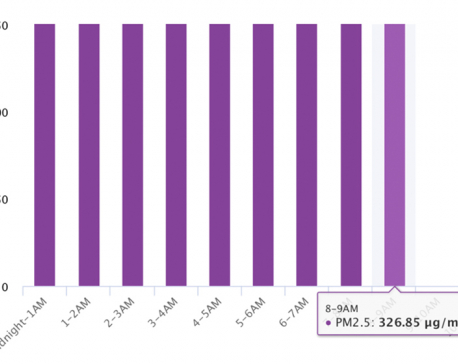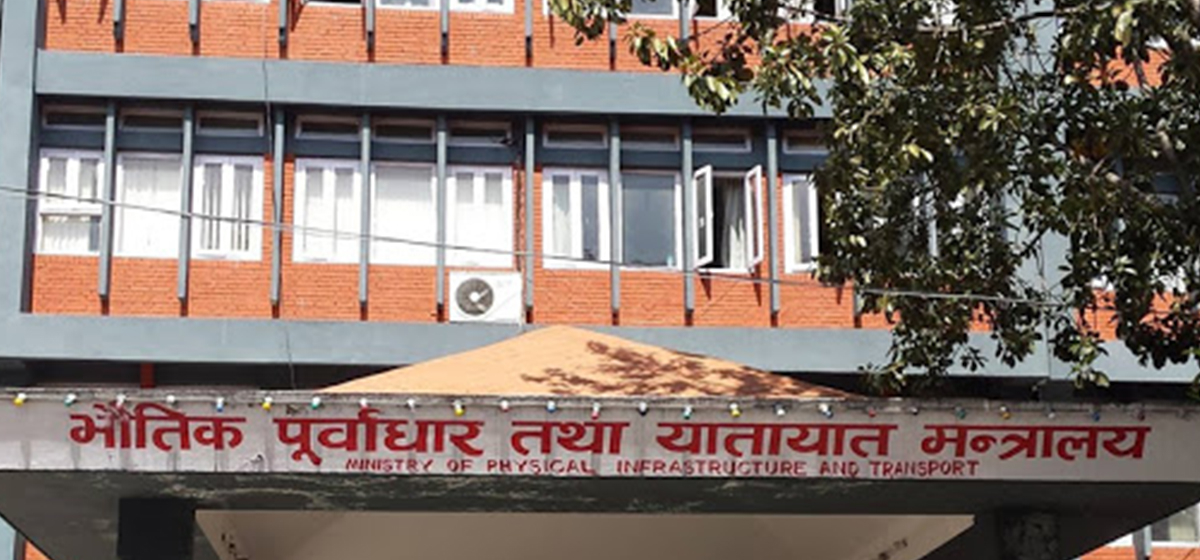
OR
Cancer in women
Globally, around 53 percent of all cancers are detected in males and the rest in females. In Nepal, it’s just the opposite. Here, 54 percent of all cancers are diagnosed in male and 46 percent in females. The rate of cancer is high among Nepali women primarily because of the high incidents of uterus (21 percent of all cancers in females) and breast
cancer (16 percent) in Nepal. Take the cancer of the uterus. Among its main causes are early delivery and lack of sanitation among menstruating women. Even in Nepal, there are vaccines available for human papilloma virus (HPV), which is responsible for 70 percent cancers of the uterus. But very few young women, the most susceptible group to this virus, actually know about such vaccines. The dismal lack of awareness is also evident in the fact that most cancers among women are detected in third or fourth stages, when the doctors can do little to help their patients. For instance if uterus and breast cancers are detected early, some patients can be entirely cured while the lives of others can be significantly prolonged. This late detection is not just due to lack of awareness though.
Women of our families still hesitate to openly talk about their reproductive health and so even if they find something wrong with their reproductive organs they try to hush things up. When they do eventually come out because of severe symptoms, it’s already too late.
This is also why there is no culture of Nepali women of reproductive age undergoing regular pap-smear test (for cancer of uterus) and mammograms (breast cancer), which are now common practice in the most of the developed world. It is a tragedy that so many lives, which could have been saved with timely intervention, are being lost because of the lack of awareness and the constraints imposed on women in our patriarchal society. This is why a massive awareness campaign, targeted especially at women from rural areas, and more widespread availability of cancer-detection facilities have become important in order to prevent untold pain and suffering of thousands of Nepali women who will otherwise silently suffer. But over the years this has not been a state priority because most of those making vital health decisions have been males.
Men can never understand the unique problems of women, and the sensitivity with which they should be dealt with, as well as women themselves. So it makes sense to put women in charge of anti-cancer initiatives targeted at females. More than this, we believe a lot more should be spent on women’s reproductive health because improvement in this one area will greatly improve the quality of lives of our women. If that happens, not only will our women be healthier, they will also be able to raise happier families; study after study has shown the disproportionate benefits on families and societies spending on women. There are few better indicators of inclusiveness of a society than the health and wellbeing of its women.
You May Like This

Deadly neglect
Kathmandu’s roads ... Read More...

Air pollution deadly in the morning and evening hours
The Department of Environment is planning to recommend the government to implement odd-even rule for vehicles, and close schools and... Read More...

Deadly serious
Traffic police attribute 90 percent of road accidents in Nepal to transport syndicates. Nearly all the major road routes in... Read More...
Just In
- Over 16,000 paragliding flights conducted in one year in Pokhara
- MoPIT prepares draft of National Road Safety Act, proposes rescue within an hour of an accident
- Light rainfall likely in hilly areas of Koshi, Bagmati, Gandaki and Karnali provinces
- Customs revenue collection surpasses target at Tatopani border, Falls behind at Rasuwagadhi border in Q3
- Rain shocks: On the monsoon in 2024
- Govt receives 1,658 proposals for startup loans; Minimum of 50 points required for eligibility
- Unified Socialist leader Sodari appointed Sudurpaschim CM
- One Nepali dies in UAE flood


















Leave A Comment